György László Kiss & Olivér Pintér
Blockchain’s effects on gaming economics and concepts.
#1about 2 minutes
The historical concept of tokenization in gaming
Tokenization has been a core concept in gaming for 40 years, evolving from in-game currencies to digital representations of collectibles.
#2about 3 minutes
Explaining blockchain token standards for game assets
An overview of how ERC-20, NFT (ERC-721), and the multi-token ERC-1155 standards are used to represent fungible and non-fungible assets in games.
#3about 2 minutes
How a gaming multiverse enables cross-game assets
A gaming multiverse allows players to use their assets, such as characters and items, across multiple different games and virtual worlds.
#4about 2 minutes
Exploring Enjin's decentralized multiverse and asset melting
Enjin provides a decentralized multiverse where players truly own their assets and can "melt" them back into Enjin Coin for real-world value.
#5about 2 minutes
Contrasting with Core's centralized multiverse model
Core offers a centralized multiverse where a single company owns the platform, but users can create and share games and assets within that ecosystem.
#6about 3 minutes
The fundamentals of player-driven virtual economies
Virtual economies are driven by player engagement and can lead to the creation of secondary markets for trading assets outside of official channels.
#7about 2 minutes
How Diablo III's auction house broke the game
The introduction of a real-money auction house in Diablo III undermined the core gameplay loop, leading to its eventual shutdown by Blizzard.
#8about 2 minutes
Analyzing EVE Online's player-controlled market
EVE Online features a complex, player-driven economy with a dual-currency system that is heavily influenced by the developer's monetization strategy.
#9about 5 minutes
Introducing Axie Infinity and the play-to-earn model
Axie Infinity exemplifies the "play-to-earn" model, where players own their assets on the blockchain and can monetize their time spent in the game.
#10about 1 minute
Key differences between traditional and blockchain economies
Blockchain gaming shifts asset ownership from the company to the player, creating new opportunities for investment and monetizing time.
#11about 3 minutes
The future vision for blockchain gaming economics
The future of gaming may involve interconnected universes where players own their assets, shifting monetization from microtransactions to high-value player-to-player trades.
#12about 12 minutes
Addressing the current challenges in blockchain gaming
Blockchain games are still in their early days, facing challenges with small player bases and a development focus on economic logic over gameplay and graphics.
Related jobs
Jobs that call for the skills explored in this talk.
msg
Ismaning, Germany
Intermediate
Senior
Swift
Blockchain
+1
Matching moments

14:06 MIN
Exploring the role and ethics of AI in gaming
Devs vs. Marketers, COBOL and Copilot, Make Live Coding Easy and more - The Best of LIVE 2025 - Part 3

03:39 MIN
Breaking down silos between HR, tech, and business
What 2025 Taught Us: A Year-End Special with Hung Lee

02:44 MIN
Rapid-fire thoughts on the future of work
What 2025 Taught Us: A Year-End Special with Hung Lee

03:34 MIN
The business case for sustainable high performance
Sustainable High Performance: Build It or Pay the Price

04:57 MIN
Increasing the value of talk recordings post-event
Cat Herding with Lions and Tigers - Christian Heilmann

03:15 MIN
The future of recruiting beyond talent acquisition
What 2025 Taught Us: A Year-End Special with Hung Lee

03:28 MIN
Why corporate AI adoption lags behind the hype
What 2025 Taught Us: A Year-End Special with Hung Lee

04:27 MIN
Moving beyond headcount to solve business problems
What 2025 Taught Us: A Year-End Special with Hung Lee
Featured Partners
Related Videos
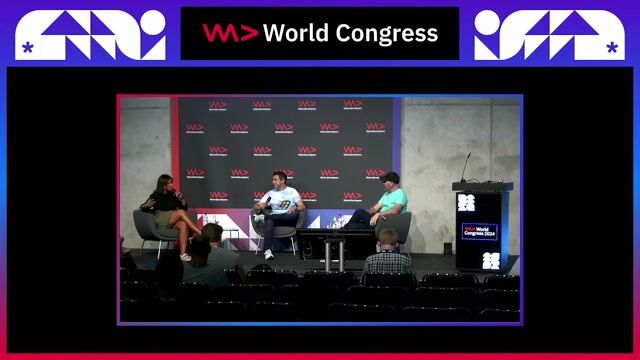 31:07
31:07Blockchain Beyond Crypto: Technology Unlocking Opportunities across Various Industries
John Woods, Arthur Breitman & Vicktoria Klich
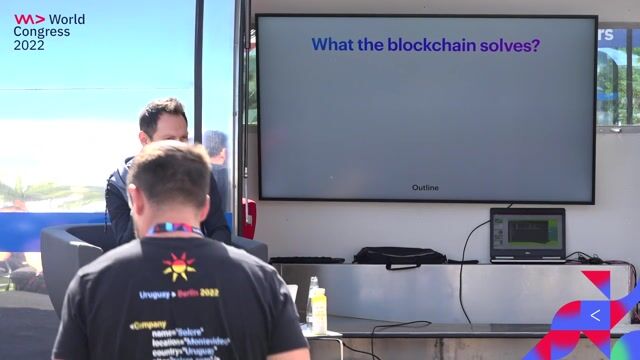 32:15
32:15Get Started With Blockchain For Your Business
Michael Ionita
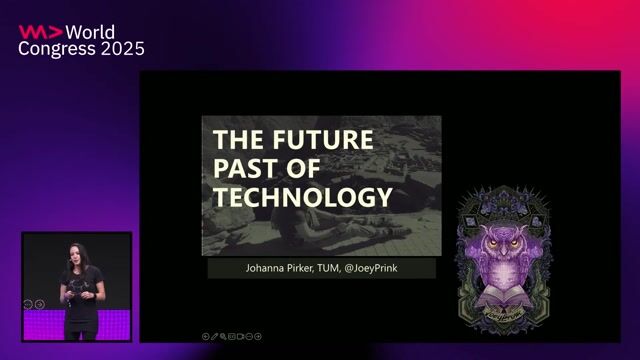 29:27
29:27The Future Past of Technology - A Game Developers POV
Johanna Pirker
 28:28
28:28We are all part of the game
Johanna Pirker
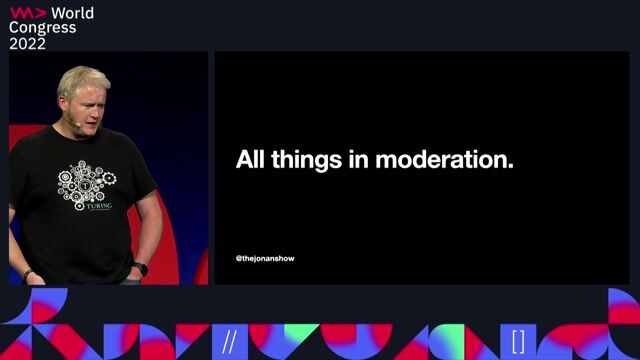 28:57
28:57Blockchains are Dumb
Jonan Scheffler
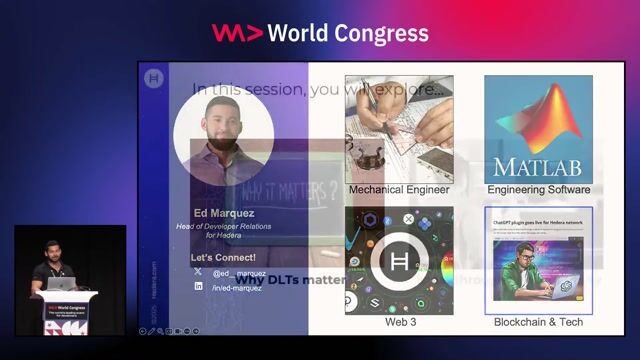 28:50
28:50Demystifying Crypto & Web3: A Technical Journey Through 15 Years of Innovation
Ed Marquez
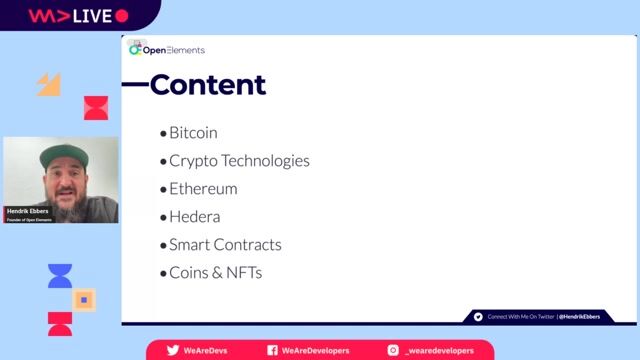 57:38
57:38Blockchain, NFT and smart contracts for my application
Hendrik Ebbers
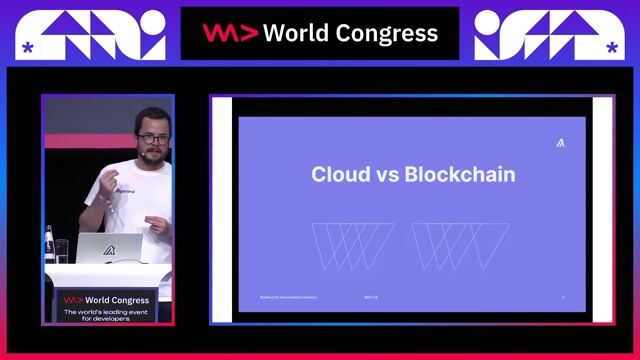 20:20
20:20How to Build for Decentralized Systems
Alessandro Cappellato Ferrari
Related Articles
View all articles

.gif?w=240&auto=compress,format)

From learning to earning
Jobs that call for the skills explored in this talk.

Univrse
Municipality of Alicante, Spain
Remote
C++
Bitcoin
Blockchain
Unreal Engine

Univrse
Municipality of Valencia, Spain
Remote
C++
Bitcoin
Blockchain
Unreal Engine






